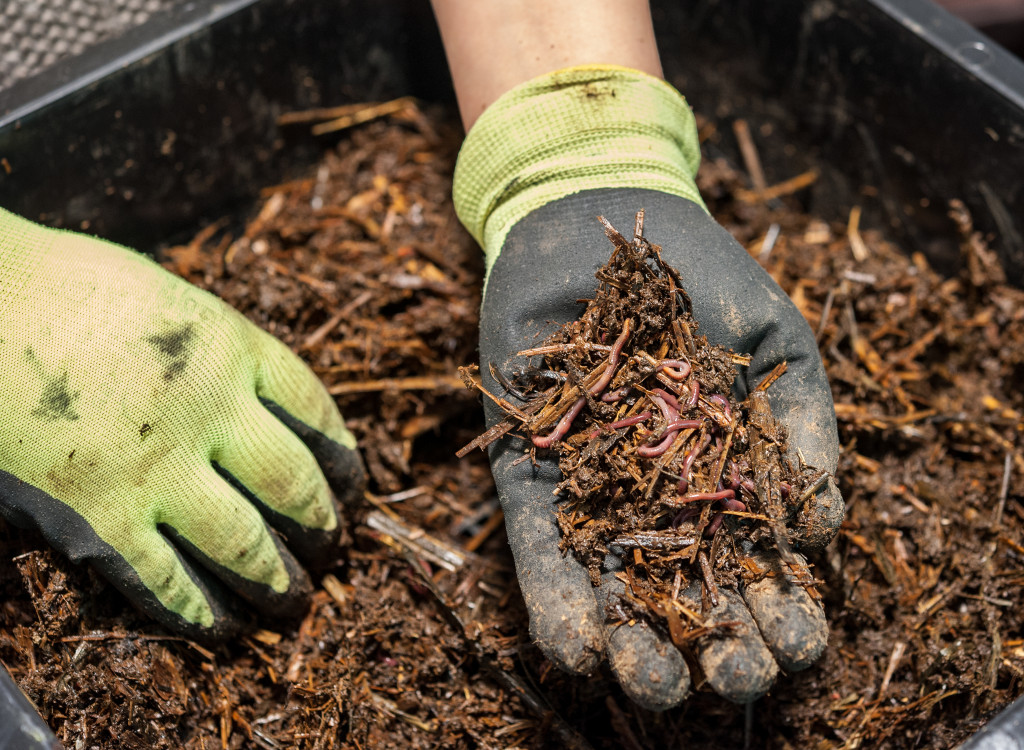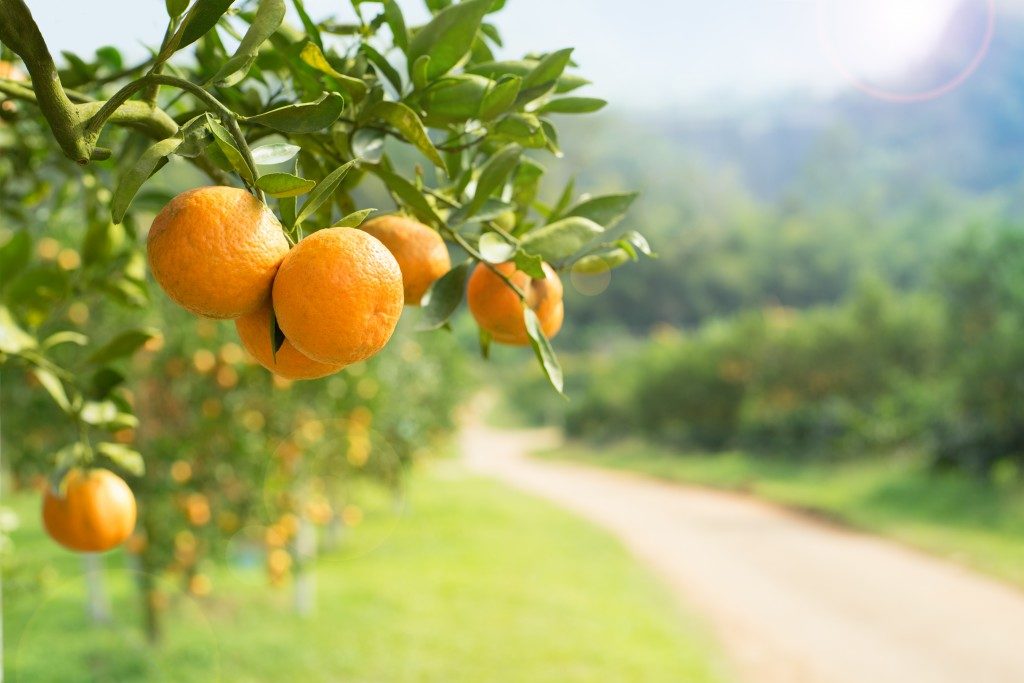• Incorporating compost, mulch, and natural fertilizer into the soil is a great way to keep your garden healthy and thriving.
• Prune trees, monitor for pests, and hire a tree surgeon to ensure that your trees are strong and healthy.
• Establish an effective watering regimen by setting up a watering schedule, installing an irrigation system, and recycling rainwater.
• Taking the time to properly care for your garden will ensure you can enjoy its beauty for many years.
Gardening is an incredibly rewarding activity that allows you to get back in touch with nature. But it’s important to remember that gardening is much more than just planting a few seedlings. There are a few key steps to keep your garden healthy and full of life. Here’s a look at the essential tips for keeping your garden looking its best all year round.
Soil Quality
The foundation of any great garden is healthy soil. Healthy soil contains organic matter, minerals, and trace elements that promote plant growth. Your garden soil nourishes your plants and provides them with the oxygen, water, and nutrients they need to thrive. For best results, try to incorporate the following into your soil:
Add Compost
A compost pile is a great way to add nutrients to your garden soil. Compost decomposes organic matter, such as leaves and food scraps, into nutrient-rich humus that can be added directly to the soil. Not only will this provide beneficial bacteria and minerals, but it will also help create air pockets in the soil, which allows water and oxygen to get to the roots of your plants.
Mulch
Mulching is another great way to keep your garden healthy and thriving. A layer of mulch helps to protect the soil from erosion, moderates soil temperatures and helps retain moisture in the soil. Spread an even layer of mulch around the base of your plants to help them stay healthy and vigorous.
Adding Natural Fertilizer
Natural fertilizers such as fish emulsion and manure can help provide additional nutrients to your garden. These fertilizers are less likely to cause damage to plants than synthetic ones and help build up the soil over time. Add a light layer of fertilizer every month or two for the best results.

Take Care of Your Trees
Your trees play a vital role in keeping your garden healthy and thriving. The trees in your garden provide shade, clean air, and habitat for your plants. Make sure you’re regularly doing the following in protecting and taking care of your trees:
Prune Regularly
Regular pruning helps to shape trees and remove dead or diseased branches. It’s important to prune your trees correctly, as incorrect pruning can damage or weaken the tree against pests and disease. Additionally, mulching around the base of your trees is a great way to ensure they get the nutrients they need to thrive.
Monitor for Pests and Diseases
Keep an eye out for pests or signs of disease in your trees. Insect infestations, fungal diseases, and other problems can wreak havoc on the health of your trees. If you spot anything suspicious, treat it immediately with the appropriate remedy to prevent it from spreading.
Hire a Tree Surgeon
If you need help properly pruning or caring for your trees, consider hiring a surgeon. Tree surgeons are trained and experienced in the proper techniques for pruning and caring for trees, and they can help ensure that your trees stay strong and healthy. It is advisable to have your trees serviced every few years to maintain their health and vigor.
Watering Regimen
Adequate watering is essential for keeping plants healthy. However, overwatering can cause root rot, while underwatering can lead to wilting or even death for certain plants. To avoid these problems, you can look into the following methods:
Establish a Watering Schedule
Establishing a watering schedule is one of the simplest methods for keeping your plants healthy. Water each plant according to its needs, and ensure you’re providing enough water but not too much. Remember also that overwatering can be just as damaging to plants as underwatering, so it’s important to find the right balance.

Install an Irrigation System
Installing a sprinkler or drip irrigation system in your garden can ensure that your plants get the right amount of water each day. This can help you save time and effort while ensuring that your plants get the water they need to thrive.
Recycle Rainwater
Consider installing a rain barrel or cistern to store and recycle rainwater. This can effectively supply your plants with water while saving money on your water bill. Rainwater can be used to boost your plants when needed while also helping to conserve water in the long run.
Following these steps will help you keep your garden healthy and thriving, allowing you to enjoy all its beauty for years to come. A little bit of care and attention can go a long way in ensuring that your plants stay strong and vibrant, so take the time to look after your garden.



